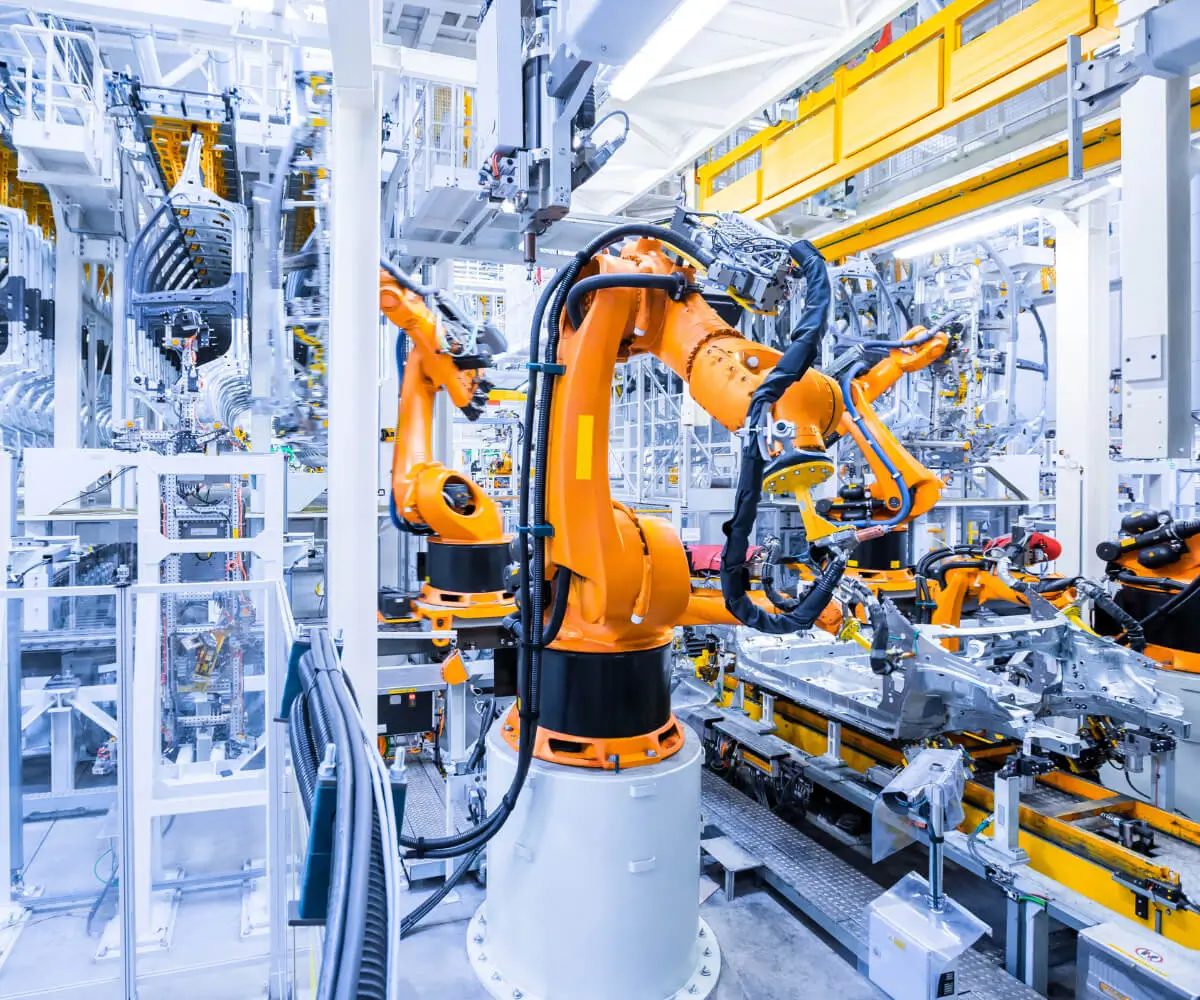part 1:
In the realm of automation, robotics, and precision engineering, DC servo motors stand as a cornerstone component, powering everything from delicate robotic arms to CNC machines. As their popularity surges across industries and hobbyist domains alike, one question remains top of mind: what exactly influences the price of a DC servo motor? Whether you're looking to purchase a compact model for your DIY project or sourcing high-end servos for industrial machinery, understanding the factors that affect costs can help you make smarter decisions, spot good deals, and avoid overpaying.

The Basics of DC Servo Motors
Before diving into price specifics, it’s helpful to recall what a DC servo motor does. At its core, a DC servo motor is a type of motor capable of precise control of angular position, velocity, and acceleration. Its operation hinges on a feedback loop—most often a potentiometer, encoder, or Hall sensors—that provides real-time data to an amplifier, enabling the motor to adjust its position or speed with remarkable accuracy.
Given their precision, these motors are essential in applications requiring tight control, such as robotic arms, camera gimbals, CNC machines, and even advanced medical devices. Naturally, this specialized performance comes with a diverse pricing spectrum, influenced by multiple factors.
Factors Influencing DC Servo Motor Price
Here’s a deep dive into the major elements that have a bearing on the cost of a DC servo motor:
Motor Quality and Build Materials High-grade materials—such as premium copper windings, durable magnets, and specialized bearings—naturally increase manufacturing costs. Quality construction directly correlates with motor longevity, performance stability, and efficiency, meaning that better-built servos tend to be more expensive.
Performance Specifications
Torque and Power Range: Servos designed for heavier loads or higher torque output typically command higher prices. For example, a small hobby servo may cost $20–$50, while industrial servos with tens of Newton-meters of torque can reach several hundreds or thousands of dollars. Speed and Response Time: Faster and more responsive servos—those with minimal lag and precise control—are usually priced higher because of advanced engineering and tighter manufacturing tolerances. Voltage and Current Ratings: Higher voltage and current capabilities often translate into increased costs, especially when designed for industrial rather than hobbyist use. Control and Feedback Systems The sophistication of the feedback system directly impacts price: Encoder-based feedback (incremental or absolute encoders) adds complexity and cost but allows for highly accurate position control. Hall effect sensors tend to be cheaper but less precise. Some advanced models incorporate multiple feedback channels, further elevating their price.
Brand and Manufacturer Reputation Built-in quality, after-sales support, and brand prestige matter. Well-known brands like Maxon, Faulhaber, or Kollmorgen often charge premium prices, justified by their reliability, warranty support, and consistency.
Intended Industry and Application Industrial-grade servos are ruggedized, industrial-rated, and often include features such as dust or water resistance, explosion-proof casing, and enhanced durability—factors that naturally increase their cost. Conversely, hobby or educational servos prioritize affordability and simplicity, usually at the expense of robustness.
Additional Features and Customization Some servos come with integrated gearboxes, cooling systems, or programmable parameters, all of which influence their pricing. Custom options tailored to specific applications, such as higher voltage ratings or specialized connectors, can also alter costs.
Market Fluctuations and Supply Chain Factors Global electronics demand, supply chain disruptions, raw material costs (like rare earth magnets), and geopolitical factors can all cause price swings—even for standard models.
Price Ranges You Can Expect
While exact prices vary widely based on the above factors, here’s a rough breakdown of typical ranges:
Hobby and Entry-Level DC Servos: $10 – $50 These servos are suitable for beginner projects, RC vehicles, or educational purposes. They feature basic control and moderate torque.
Mid-Range Servos: $50 – $200 These tend to have improved speed, torque, and feedback options. They're popular among serious hobbyists and light industrial roles.
Industrial-Grade Servos: $200 – $10,000+ Designed for automation, robotics, and CNC machines, these servos offer high precision, robustness, and custom features. The prices reflect sophisticated engineering, materials, and performance guarantees.
End of Part 1
Leveraging innovations in modular drive technology, Kpower integrates high-performance motors, precision reducers, and multi-protocol control systems to provide efficient and customized smart drive system solutions.




































